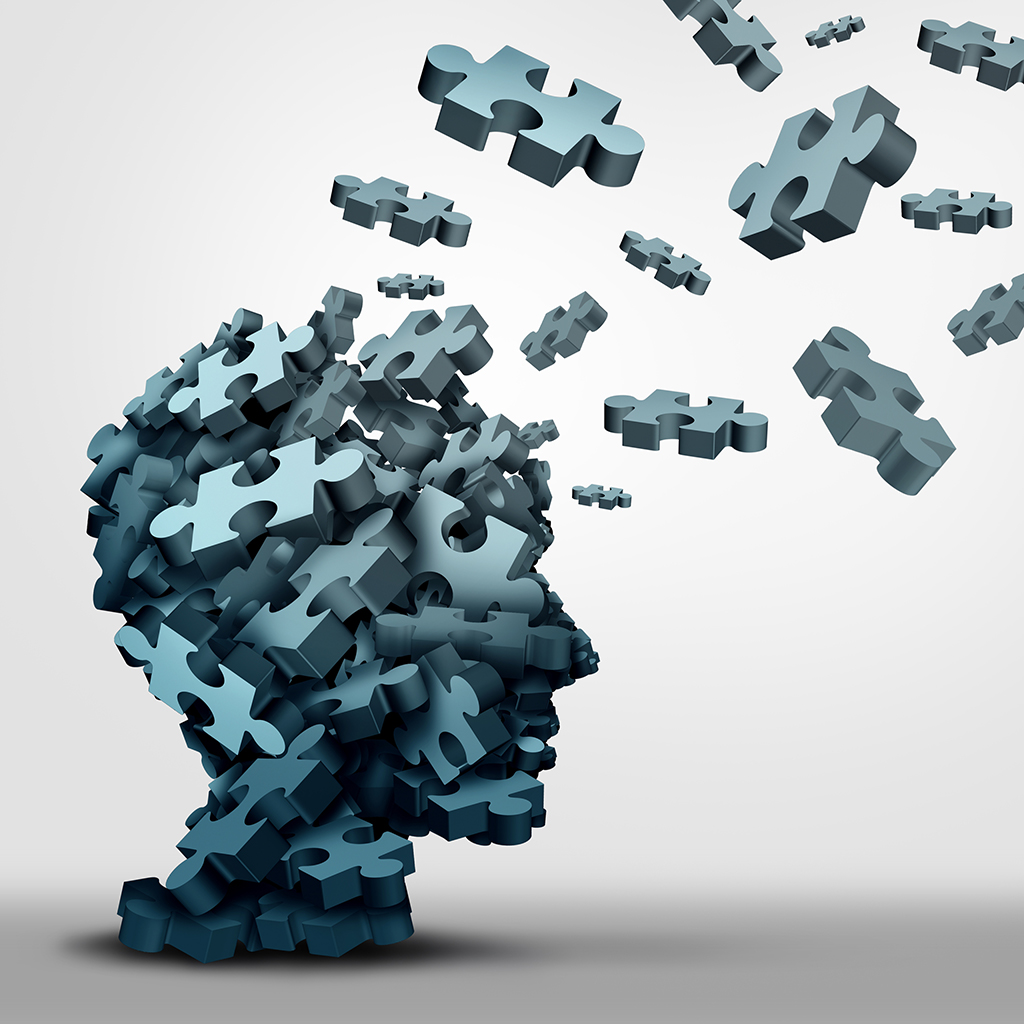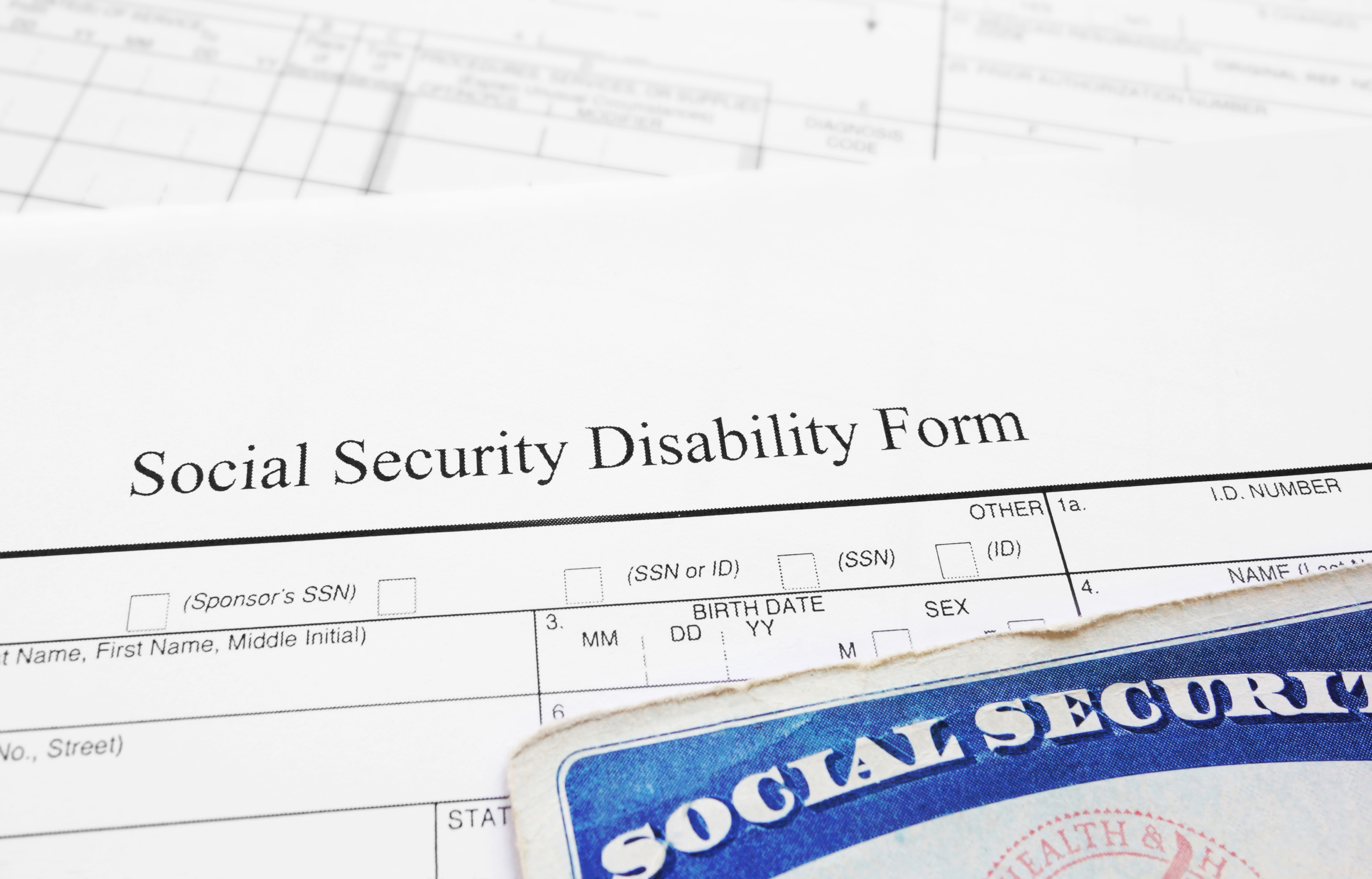The Social Security Administration(SSA) disability listings include 11 mental health conditions that are eligible for SSD benefits, including schizophrenia, bipolar disorder, autism spectrum disorders, and anxiety. But it takes more than simply being diagnosed with a mental health disorder to be eligible for SSD benefits. That’s because many people with mental health disorders can successfully manage their condition with medication or other forms of treatment, and are able to work full- or part-time. To qualify for SSD benefits, applicants must meet the specific medical and functional criteria for their specific mental disorder.
Mental Health Disorders and Obtaining SSD Benefits
In making this determination, disability examiners consider all relevant medical evidence from an applicant’s physician, psychologist, psychiatrist, mental health counselor, and other medical personnel. They can also consider statements from friends, family, and community members, as well as evidence from school, vocational training, work, and work-related programs, regarding the impact the mental disorder has on the applicant’s life. The disability examiner will consider a number of factors, including:
- Diagnosis;
- Symptoms;
- Results of physical or mental examinations;
- Measures of adaptive functioning;
- Type, frequency, dosage and duration of beneficial medications and/or therapy;
- Side effects of treatment and their impact on functioning, and;
- Expected duration of the symptoms and their effect on functioning.
In a claim based on a mental health impairment, the best source of evidence is inpatient psychiatric records and outpatient psychiatric records from a licensed social worker, psychologist, or psychiatrist. To learn more, watch this short video.
Functional Limitations and Applying for SSD Benefits
The mental health disorder must cause functional limitations that interfere with the applicant’s ability to work. The SSA will review the medical record and other relevant information to determine whether the mental disorder causes, at the minimum, an extreme limitation in one, or a marked limitation in two, of the following functions:
- Understand, remember and apply information;
- Interact with others;
- Concentrate, persist or maintain pace, or;
- Adapt or manage oneself.
If the applicant’s functional limitations do not meet the extreme or marked levels, an applicant can still qualify for benefits if he can prove that his condition is serious and persistent. This means that it has lasted two years or longer, ongoing treatment helps diminish signs of the disorder, and the applicant has minimal capacity to adapt to changes or demands not a normal part of daily life – for example, the ever-changing demands of a job.
Do you have a mental disorder that interferes with your ability to work? Have you considered applying for SSD Benefits? Contact the Good Law Group by phone#: (847) 577-4476 or contact us via our online application form located here.









